 By Joseph Cox
By Joseph Cox
This article was produced with support from The Capitol Forum.
A section of the Navy bought access to a tool that gave the Pentagon “global” surveillance data via an adtech company that is owned by a U.S. military contractor, according to a Navy contract obtained by 404 Media. Beyond its global scale, the document does not explicitly say what specific sort of data was included in the sale. But previous reporting from the Wall Street Journal has shown that the marketing agency and government contractor responsible are part of a supply chain of location data harvested from devices, funneled through the advertising industry, onto contractors, which then ends with U.S. government clients.
The news provides one of the clearest examples yet of how the online advertising industry is not just fertile ground for surveillance, with myriad companies harvesting sensitive data from peoples’ phones and computers and selling that information ultimately to law enforcement, but also one that is actively being exploited by military agencies.
Specifically, the document points to a product called “the Sierra Nevada nContext Vanir software tool.” The contract covers a number of different areas, including support and training, both remotely and at the contractor’s facility; two months of access to the tool for “evaluation and assessment;” and “intelligence and analytical support.” The Navy paid $174,941.37 for access to the data, according to the contract.
At the bottom of one section of the document, the Navy writes that the contract should include historical and current data for “one large region + three small regions.” It then adds the Navy also wants “Global 90 day and real-time data.”
404 Media obtained the document through a Freedom of Information Act (FOIA) request. The Navy Office of Information declined to answer a series of questions 404 Media sent about the contract, and instead wrote in an email “unfortunately there is nothing more we can comment on this contract.” The Navy did confirm that the document is “the final, fully executed” award.
One entity mentioned in that contract description is particularly important: “nContext.”
A Contractor in Disguise
On its website, the digital marketing agency nContext describes itself as “a tightly-knit team of data scientists, digital marketers, and engineers.” According to testimonials on the site, nContext’s previous clients include SPI Entertainment, an outfit behind Las Vegas shows; the Mann Center, a performing arts center in Philadelphia; Lumenis, a medical technology company; and Intrigue Shows, another entertainment company. nContext says it has “made millions in revenue for its customers through advertising and strategic support.” On the face of it, nContext is a very ordinary looking adtech firm.
But in October, the Wall Street Journal reported that nContext was a wholly owned subsidiary of Sierra Nevada Corporation (SNC), citing incorporation documents. SNC is a U.S. government contracting giant whose voluminous work expands a wide range of sectors and missions across the military. Last month SNC announced the U.S. Army selected it to provide intelligence, surveillance, and reconnaissance (ISR) aircraft which the company had converted from business jets in a deal worth $554 million. SNC also builds combat aircraft for the Air Force and works on cyber and electronic warfare systems for the Army. This year marks the company’s 60th anniversary. Perhaps most famously, Sierra Nevada won a NASA contract to develop the Dream Chaser, a space plane that will run resupply missions to the International Space Station. SNC spun off the division that makes the Dream Chaser into an independent company called Sierra Space in 2021.
SNC also makes use of location data harvested from smartphones. SNC authored a report which suggested COVID-19 was released from the Wuhan Institute of Virology after a “hazardous event,” which was in part based on such data. But The Daily Beast found the report was fundamentally flawed, including the conclusions reached with the use of cell phone location data.
This article was primarily reported using public records requests. We are making it available to all readers as a public service. FOIA reporting can be expensive, please consider subscribing to 404 Media to support this work. Or send us a one time donation via our tip jar here.
I previously reported that a Muslim prayer app was selling its users’ location data to a company whose clients included U.S. military contractors; one of those partners was SNC. Keith Chu, deputy policy director and chief communications advisor for Senator Wyden, told 404 Media last week that SNC told Wyden’s office that the data it purchases is obtained from phones located overseas.
“Americans’ Constitutional rights don’t disappear when they cross the U.S. border. Americans’ mobile location data should not be subjected to warrantless surveillance, even outside the United States,” Senator Ron Wyden told 404 Media when asked for comment on the document.
As for how nContext and SNC obtain location data, according to the Wall Street Journal report, that supply chain of data has in at least some instances started with another firm called Near Intelligence. Based in India, Near claimed to have data on more than a billion devices, and obtained this surreptitiously from numerous advertising exchanges, the report says. The Wall Street Journal says it had seen an email in which Near’s general counsel and chief privacy officer said “We sell geolocation data for which we do not have consent to do so…we sell/share device ID data for which we do not have consent to do so [and] we sell data outside the EU for which we do not have consent to do so.” He added that Near transfers what he described as a “massive illegal data dump.” Near did not respond to 404 Media’s request for comment.
The Wall Street Journal report mentions real-time bidding data. This is where participants in the online ad business—that is, companies wanting to place adverts into users’ sessions—can siphon bidstream data on people, including their location. Near then contracted with nContext, the report adds.
nContext’s website makes no mention of Sierra Nevada in general nor the fact nContext is owned by the government contractor, potentially misleading clients who may not be aware of the intimate connection between the two companies. None of the companies named in testimonials responded to 404 Media’s request for comment on whether they were aware nContext was owned by a U.S. military contractor. Neither nContext or Sierra Nevada responded to a request for comment.
But 404 Media found more publicly available links between the two companies and the work they perform. Sierra Nevada registered nContext as a trademark in 2014; a SNC brochure available online lists an ncontext.com email address to contact for more information; a 2017 article on a trade publication describes nContext as an SNC “business unit.” A speaker at a conference focused on ISR included retired Colonel Joseph Green, who is listed as a senior director of “nContext programs” at SNC. Green was listed to speak about “Next Generation High Performing ISR Systems,” according to a conference synopsis. And a former nContext chief systems engineer wrote on their LinkedIn that they performed “research, design and development for surveillance and information technology programs.”
U.S. intelligence and law enforcement agencies have previously admitted to purchasing commercially available data, including location data, sometimes in response to journalistic investigations, including my own. “The IC [intelligence community] acquires a significant amount of CAI [Commercially Available Information] for mission-related purposes,” a declassified report from the Office of the Director of National Intelligence (ODNI) reads.
Since the U.S. government is obtaining such data, it is highly likely that other governments, including hostile ones, are too. The ODNI report acknowledges as such: “As a resource available to the general public, including adversaries, CAI also raises counter-intelligence risks for the IC. It also has increasingly important risks and implications for U.S. person privacy and civil liberties, as CAI can reveal sensitive and intimate information about individuals.”
Crucially, when government agencies buy this data from a commercial entity, they can bypass legal restrictions put in place to protect the transfer and use of that information. Wyden’s statement to 404 Media added that “Our bipartisan surveillance reform bill would tackle this issue and many others,” referring to the Government Surveillance Reform Act.
Source: 404 Media – Subscribe!
Joseph is an award-winning investigative journalist focused on generating impact. His work has triggered hundreds of millions of dollars worth of fines, shut down tech companies, and much more.
Become a Patron!
Or support us at SubscribeStar
Donate cryptocurrency HERE
Subscribe to Activist Post for truth, peace, and freedom news. Follow us on SoMee, Telegram, HIVE, Minds, MeWe, Twitter – X, Gab, and What Really Happened.
Provide, Protect and Profit from what’s coming! Get a free issue of Counter Markets today.

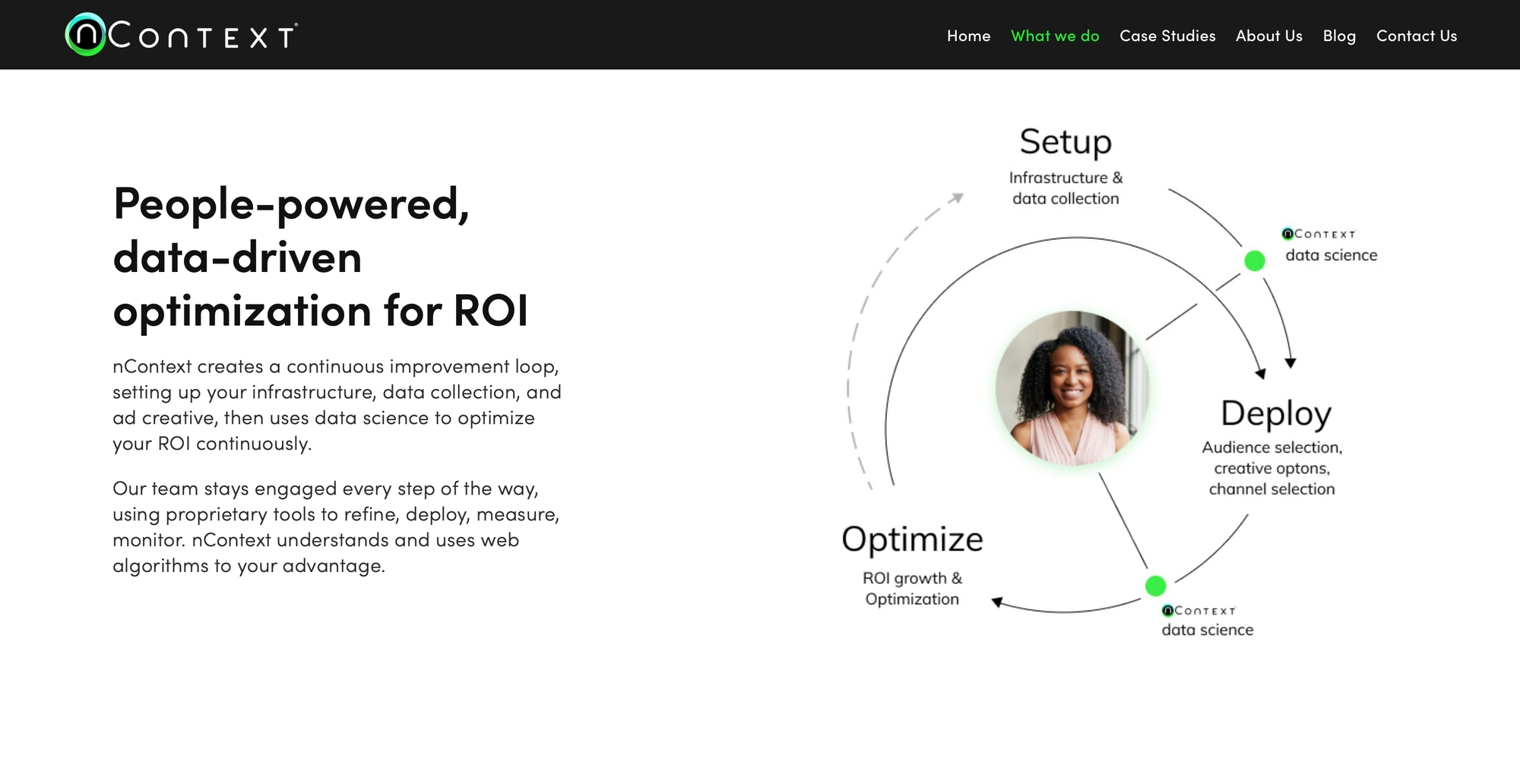
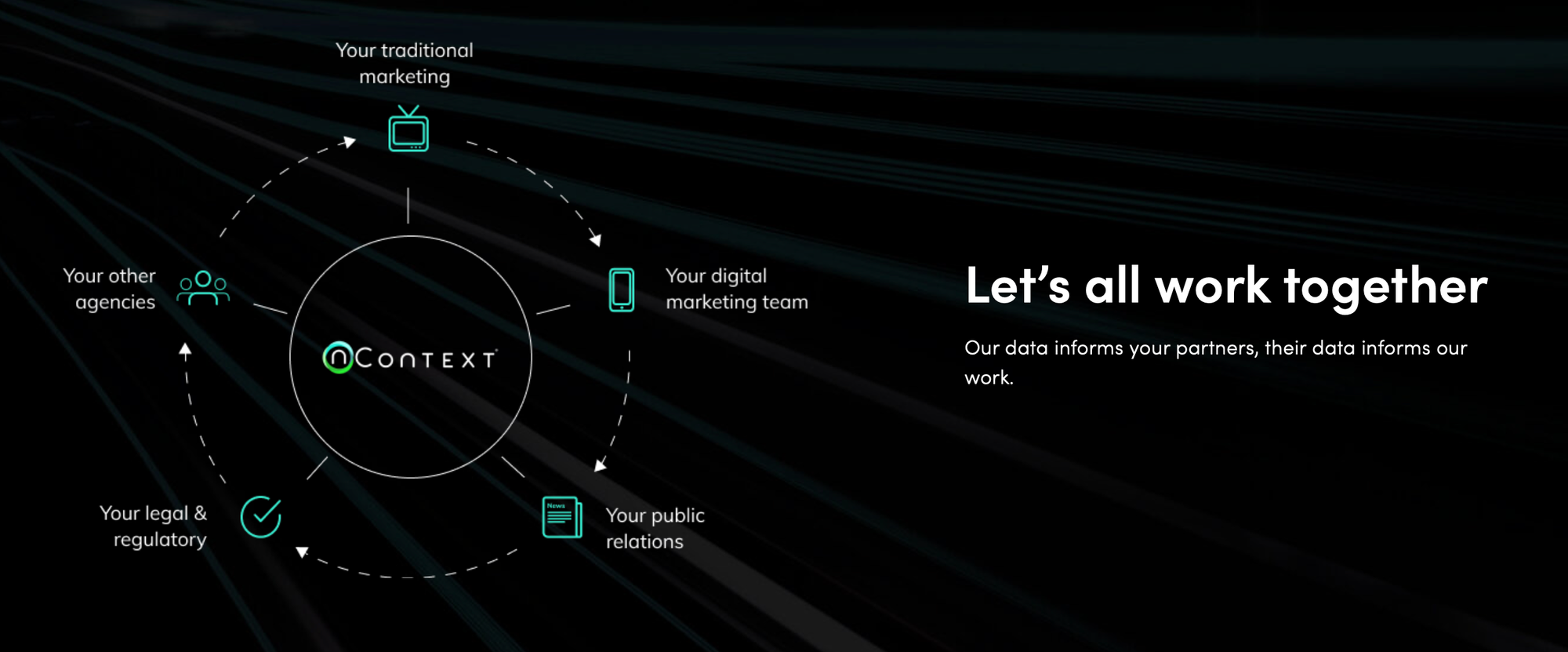

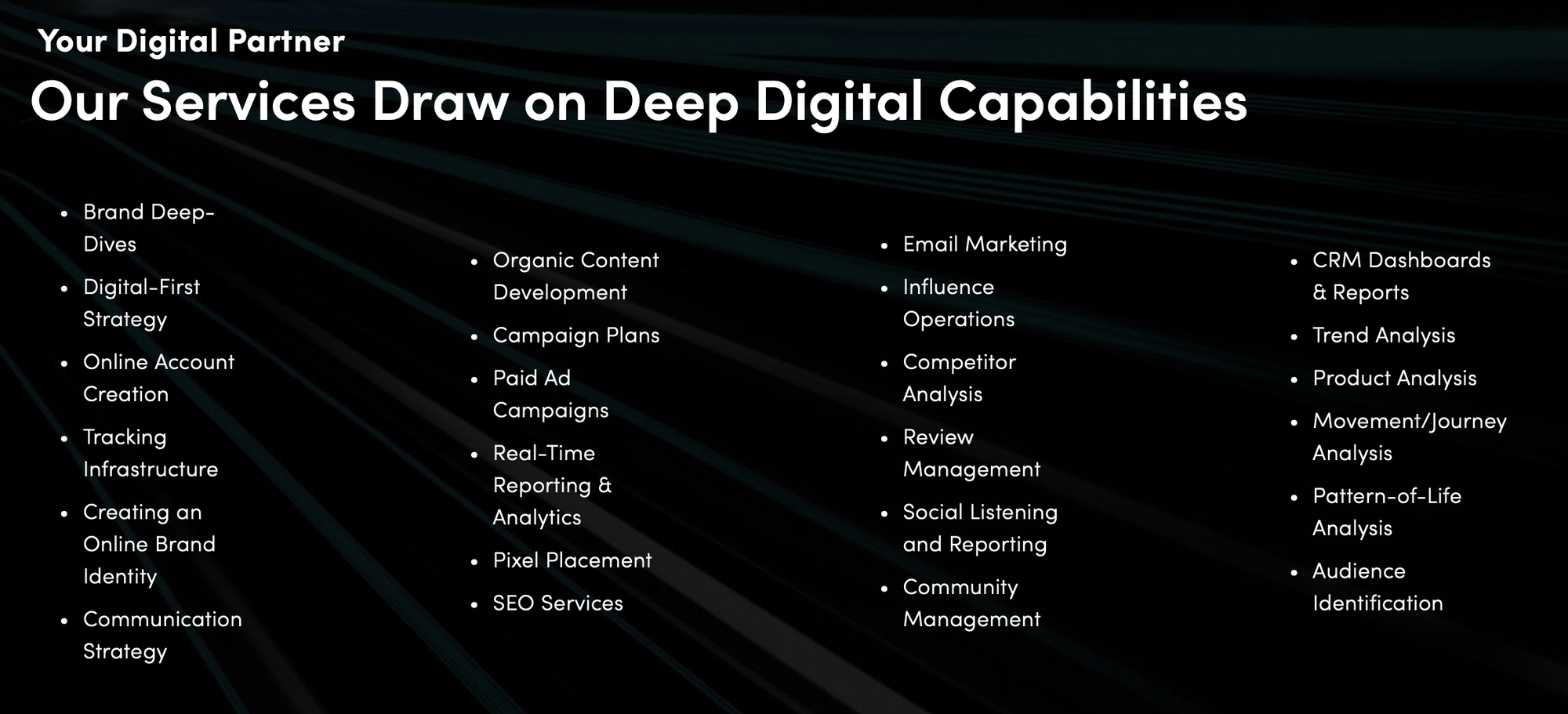
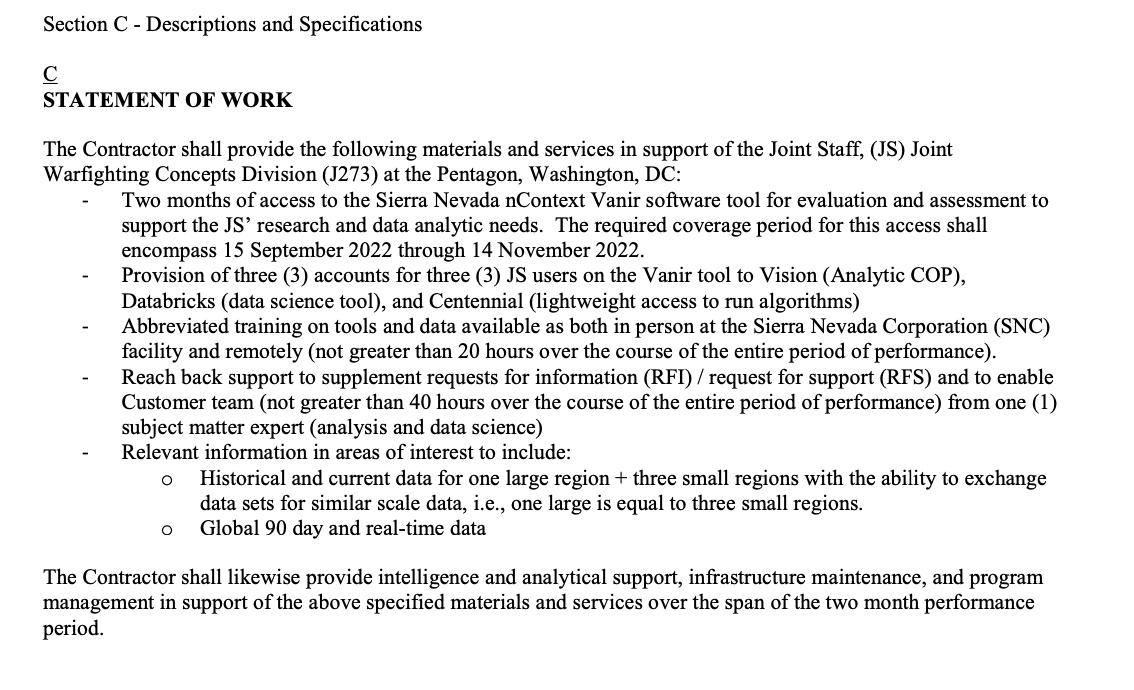
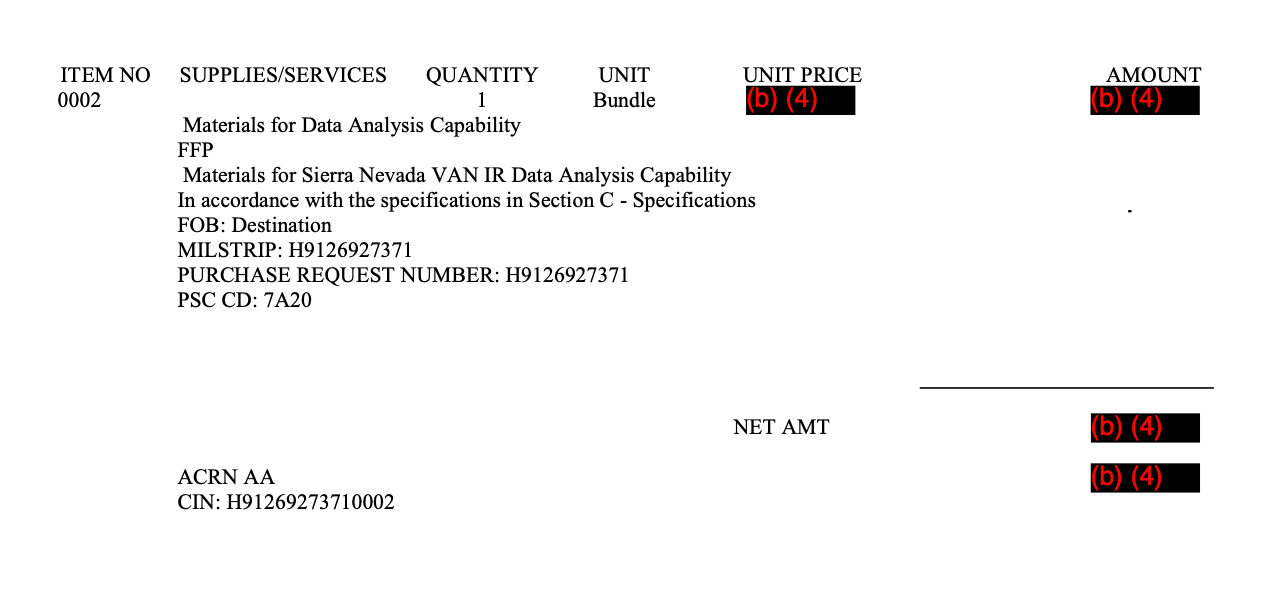
Be the first to comment on "The Navy Bought “Global” Surveillance Data Through Adtech Company Owned by Military Contractor"